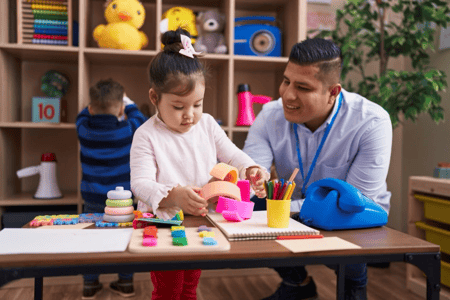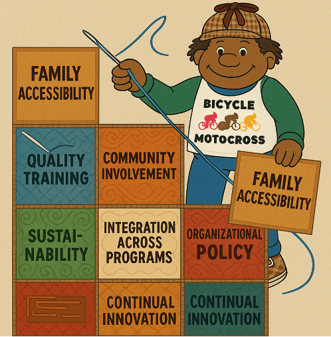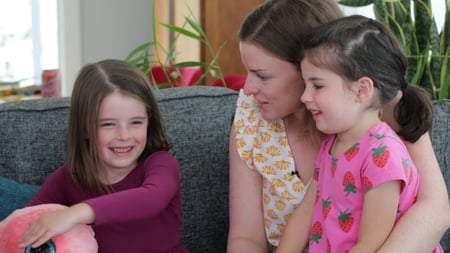How the Well-Baby Program Supports Healthy Child Development

Check out our blog for social-emotional learning articles, news, and more!
Year: 2015
Bibliography: Webster-Stratton, C., The Incredible Years Parent Programs: Methods and Principles that Support Fidelity of Program Delivery. in Evidence-Based Parenting Education: A Global Perspective. J. Ponzetti, Editor, 2015. Routledge.
Author: Webster-Stratton
Abstract
Social, emotional, and behavioral problems in young children are the most common reason parents seek help from mental health professionals. Without intervention, these disruptive behavior problems can lead to poor educational achievement and confer risk for later psychopathology including criminality, substance abuse, and other adverse outcomes (Tremblay, Nagin, & Seguin, 2004). A Cochrane review recently showed that group-based parenting programs improved parenting skills, parental mental health, and children's conduct problems according to parent report and independent observations (Furlong, McGilloway, Bywater, Hutchings, Smith, & Donnelly, 2012). Interestingly, the severity of conduct issues prior to parents starting the program did not influence program effectiveness. Another recent meta-analysis of 36 controlled trials with preschool children provided robust quantitative support for evidence-based parent interventions being provided as the first-line treatment for early disruptive behavior (Comer, Chow, Chan, Cooper-Vince, & Wilson, 2013). Despite the growing body of evidence to support the effectiveness of group-based parenting programs, the proportion of children and their parents receiving evidence-based programs is decreasing (Comer et al., 2013). Barriers to program availability include financial difficulties, lack of understanding how to deliver such programs with fidelity, and clinician training issues.
This chapter reviews the Incredible Years Parenting Program Series, which is one of the evidence-based, group-based parenting programs for young children included in the reviews and meta-analyses cited above. This chapter will include the theoretical foundation, goals, and core content of these programs as well as the research evidence and the unique methods and principles of delivering the programs with fidelity.





